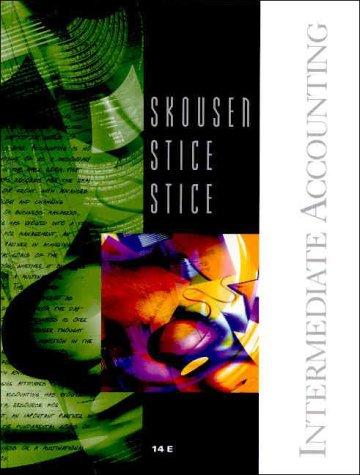An accountant for Jolley, Inc., a merchandising enterprise, has just finished posting all year-end adjusting entries to
Question:
1. For each of the accounts listed, indicate whether the year-end balance should be (a) carried forward to the new period, (b) closed by debiting the account, or (c) closed by crediting the account.
(a) Cash $ 25,000
(b) Sales 75,000
(c) Dividends 3,500
(d) Inventory 7,500
(e) Selling Expenses 7,900
(f) Capital Stock 100,000
(g) Wages Expense 14,400
(h) Dividends Payable $ 4,000
(i) Cost of Goods Sold 26,500
(j) Accounts Payable 12,000
(k) Accounts Receivable 140,000
(l) Prepaid Insurance 16,000
(m) Interest Receivable 1,500
(n) Sales Discounts 4,200
(o) Interest Revenue 6,500
(p) Supplies 8,000
(q) Retained Earnings 6,500
(r) Accumulated Depreciation 2,000
(s) Depreciation Expense 1,800
2. Give the necessary closing entries.
3. What was Jolley’s net income (loss) for the period?
Accounts Payable
Accounts payable (AP) are bills to be paid as part of the normal course of business.This is a standard accounting term, one of the most common liabilities, which normally appears in the balance sheet listing of liabilities. Businesses receive... Accounts Receivable
Accounts receivables are debts owed to your company, usually from sales on credit. Accounts receivable is business asset, the sum of the money owed to you by customers who haven’t paid.The standard procedure in business-to-business sales is that...
Fantastic news! We've Found the answer you've been seeking!
Step by Step Answer:
Related Book For 

Intermediate Accounting
ISBN: 9780324013078
14th Edition
Authors: Fred Skousen, James Stice, Earl Kay Stice
Question Posted:





